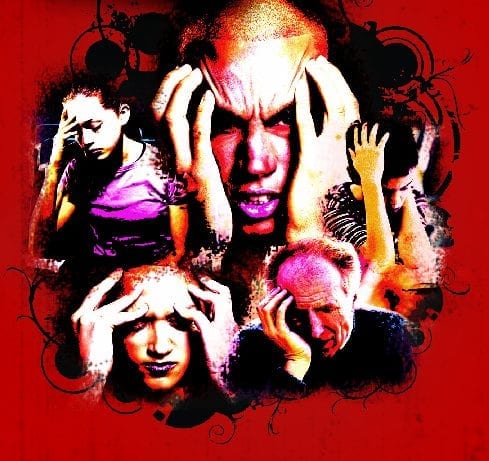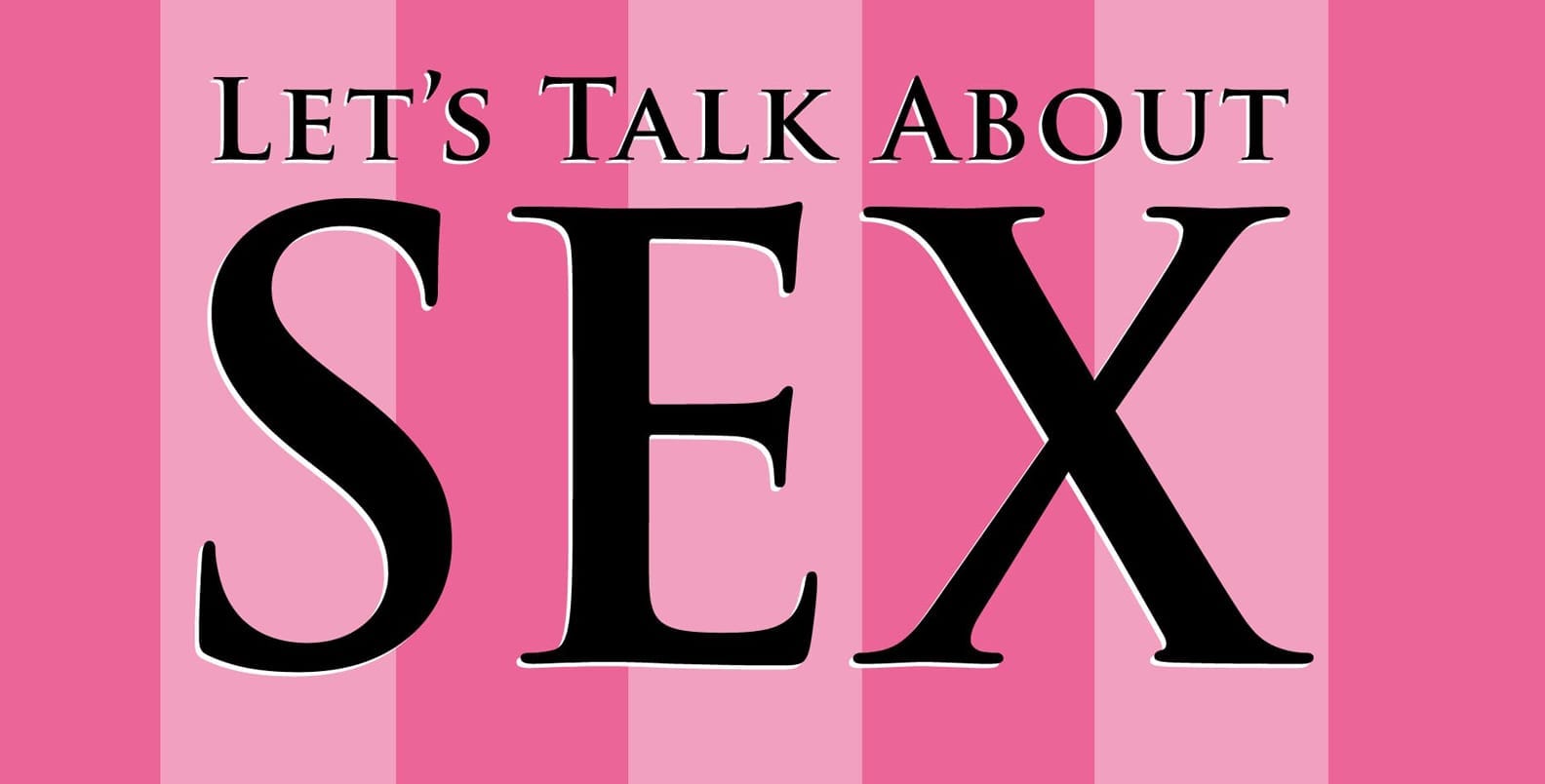What is Mental Illness?
Mental illness is a term used for a group of mental disorders that cause severe disturbances in thinking, feeling and relating, often resulting in an inability to cope with the ordinary demands of everyday life. Mental illnesses can affect anyone at any age. This may be a result of mental or neurological disorders or alcohol/drug related problems. These problems can be a severe burden to those involved, causing loss of productivity, individual suffering and disruption to family and community life.
The earlier the problem is identified, the easier it is to treat. Psychiatric disabilities are mental and emotional disorders that impair people’s ability to cope with their feelings and demands of the outside world. Psychiatric disabilities can be gradual, acute, chronic or intermittent. Mental illness is treatable and there are many Institutes, Counsellors and trained professionals who are ready to assist.
Mental Illnesses include: Anxiety Disorders, Panic Disorder, Post Traumatic Stress Disorder, Attention-Deficit Hyperactivity Disorder, Autism Spectrum Disorder, Bipolar Disorder (Maniac Depressive Illness,) Borderline Personality Disorder, Depression, Eating Disorders, Schizophrenia and so on. If you know of someone who lives with any of these conditions he or she will need you to be patient, supportive and caring. Besides medical assistance there are other areas of therapeutic self-care, which will not replace medical advice but are valuable as coping and management strategies. These are:
- Lifestyle habits – Structure/routine, spend time in nature, fulfilling duties, setting and attaining goals, relaxing, pleasurable activities, humour, music therapy, stress reduction and time management.
- Mental and emotional self-care – Restructuring thought patterns, releasing all negative beliefs, taming the inner critic, charting your moods and self-forgiveness.
- Social support – Family, friends, religious ministers, support groups, volunteer workers, pets and animals.
- Spiritual connection – Prayer, meditation, spiritual community, inspirational texts, forgiveness, finding purpose and meaning.
- Physical self-care – Exercise, nutrition, water intake, hydrotherapy, sleep, medication, nutritional supplements, acupuncture, breathing techniques, touch therapy and yoga.
Exercise and Mental Illness: Exercise leads to an increased release of endorphins in the body. These chemicals that are released can help combat depression and make the person feel happier. Exercise helps people suffering with depression to get active and meet new people. This will stop them from feeling isolated and unsupported. It can boost a person’s self-esteem and can improve the way they look and feel about themselves.
Exercise Guidelines
Choose a physical activity that you enjoy and do it regularly, but do not over exert yourself. Do not let exercise become a burden, try and fit it into your schedule as much as possible. Exercise outdoors, nature has a way of uplifting spirits and putting things into a new perspective.
Source:





Be the first to comment on "Mental Illness – Not a Taboo"